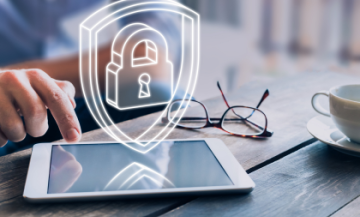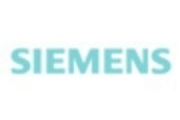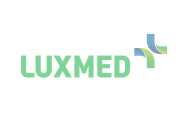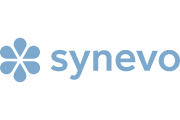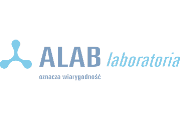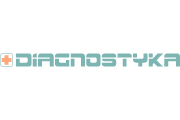The mSzafir mobile seal is a qualified seal certificate, which includes company data and allows you to seal documents without the need to use a card and reader.
Generate an mSzafir seal certificate and seal it on your phone, tablet or laptop, on the mSzafir portal or any application with a sealing option. Choose the certificate validity period and seal limit, which suits your needs.
A qualified electronic seal ensures the integrity of the document and allows for the unambiguous identification of the entity certifying the document. The qualified mSzafir electronic seal certificate contains the full name of the entity and a number uniquely identifying the entity (NIP – IN VAT number, or KRS – National Court Register number). Importantly, the qualified certificate used to verify the seal contains only the institution's data, without the personal data of employees.
When ordering a seal certificate for registering your entity in the EPREL system, make sure to select the National Court Register (KRS) number as the "Organization Identifier" in the certificate details. Starting from April 22, 2025, EPREL will require certificates with a KRS number instead of a VAT (NIP) number.




